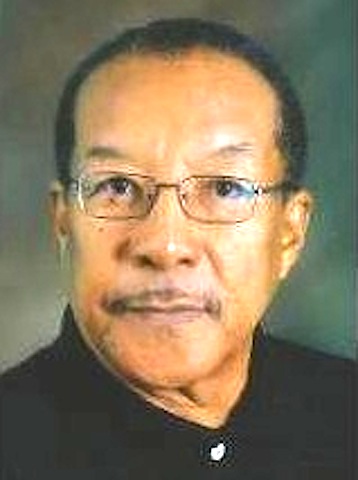MILLS: Education as liberation
By Oliver Mills


Education is an active, positive process which expands our consciousness, and enhances our understanding. In this sense, it liberates us from the strictures and barriers that have been imposed on us by society.
Liberation implies being unhindered in our movements, not having our thinking being checked in order to restrict our ideas, and confine them within a particular orbit. Liberation involves being free in exercising our choice of what we see as beneficial for us, untampered by others.
This means that the form education takes, and the strategies it uses have to reflect its intent and purpose.
During our socialisation into society’s norms, we acquired behaviours allegedly designed to help us live harmoniously with each other, show respect, and put limits on what we could say to minimise conflict.
But in many instances these apparently harmless precepts have led to us being taken advantage of, belittled as being too passive, crossed over because of a lack of assertiveness, and denied opportunities because we did not stand up for ourselves.
This results from an inherited way of being which curtailed our emotional and intellectual development. And the school system re-enforced this ethic. Also the kind of education we acquired did not help us to find ourselves, know about our real accomplishments as a people, and help us to be courageous, and question practices we were uncomfortable with. It was not education for liberation which opens our eyes to a different world, a higher quality of life, and restores our faith and confidence in ourselves and our capabilities.
More broadly, education as liberation is about restoring our identity and personhood. Our early socialisation deprived us of this, but a liberation based education restores it. It does this by peeling off the way we were indoctrinated, and revealing our true and real selves. We then become conscious of our unlimited capabilities, develop inner strength and fortitude, and are able to see and defeat the social forces that sought to shape us in the image of others so they could control us.
Education as liberation releases new possibilities, opens our eyes to see a different reality which we are capable of bending to our will, rather than carrying out the aims of personalities and institutions which serve the status quo, and keep things as they have always been, serving particular interests as opposed to the general desires of the majority.
Someone said that what we wish for ourselves, we should also wish for others. Education as liberation makes this a reality, since it is based on fairness towards all. The liberated mind, once freed of past prejudices begins to act in ways that realise there is good in everyone and everything. A poet once said that: “Nothing is good or bad, only thinking makes it so.”
Education as liberation frees us from thinking narrow thoughts, and replaces them with those that are transcendent. We develop open minds, and become more receptive and understanding about those practices we once thought of as unbecoming.
An education for liberation requires a reformulation of the schools’ curriculum to include our history, culture and traditions. It also involves putting indigenous persons first, and recognising the accomplishments of others. Only indigenous persons can psychologically understand where we came from, and where we should be going. And only these persons can write our history authentically, without bias, and in ways that liberate us.
An education with a philosophy of liberation, awakens us to understand that there are alternatives to everything, and that nothing is sacrosanct. It fosters wisdom, and releases us from the shackles that once held us to the decadent practices of the past.
Liberation as an ethic of education opens us to new possibilities, and releases our positive energies to accomplish things we once thought were beyond us.
ABOUT OLIVER MILLS:
Oliver Mills is a former lecturer in education at the University of the West Indies Mona Campus. He holds an M.Ed degree from Dalhousie University in Canada, an MA from the University of London and a post-graduate diploma in HRM and Training, University of Leicester. He is a past Permanent Secretary in Education with the government of the Turks and Caicos Islands





